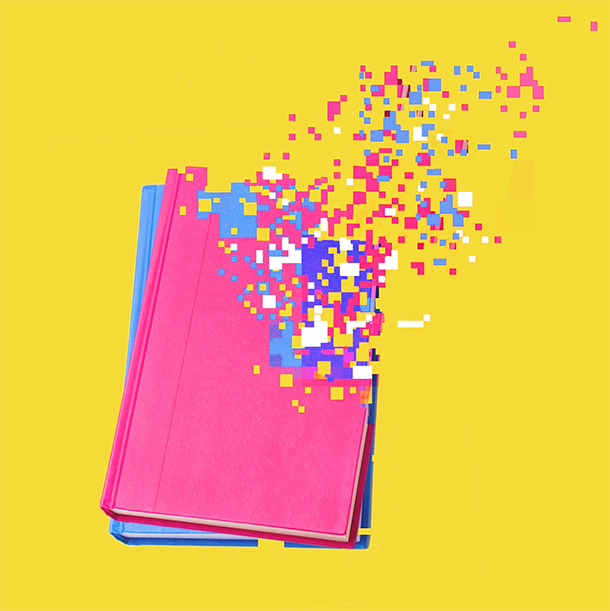 This summer we shared the news that Microsoft was shuttering its e-book store. They are out of the e-book business and have not only closed their e-book store, but they have also erased all traces of any e-books you purchased from them from your reader.
This summer we shared the news that Microsoft was shuttering its e-book store. They are out of the e-book business and have not only closed their e-book store, but they have also erased all traces of any e-books you purchased from them from your reader.
Gone. Yes, they are reimbursing customers for the cost of their titles, but the books are gone.
Can they do that? Yes, apparently they can and they did. Around the same time, Apple announced they are retiring their iTunes brand, dividing that channel into separate apps for music, TV and podcasts. While they aren’t eliminating the music you’ve paid for, they are forcing iTunes customers to download a new platform to access it.
Both of these situations illuminate the growing divide between “products” and “services,” according to Dave Davis writing in The Next Web. He uses his experience browsing used book stores to make some distinctions.
“Why are there used bookstores in the first place? Essentially, there are used bookstores because a) the codex form of the book (that is, the cardboard-and-paper binding of many pages) is durable and can be passed from hand to hand, and b) an early Supreme Court decision (Bobbs-Merrill Co. v. Straus, 1908) held that the trade in used books is legitimate,” Davis writes.
“In other words,” he continues, “under the First Sale Doctrine of copyright law, once you buy any medium containing a copyrighted work (whether book or DVD or physical photograph), the medium is yours to keep, sell, or even destroy (you monster!), even though, under First Sale, you are not permitted to make additional copies of what is recorded on the medium.”
Digital publishing has turned that First Sale Doctrine on its head.
“Ebooks, as it turns out, aren’t treated the same, in either technology or law, as paper books are,” he explains. “Functionally, legally, and (most importantly) culturally, they aren’t treated equivalently to traditional hardbound books at all. Maybe, even here in the 21st century, and as Nick Douglas suggests at the blog Lifehacker, ‘You should own your favorite books in hard copy.’” (Yes, you should.)
Aside from ownership issues, this raises a chilling specter of possible censorship. It’s not that hard to imagine that a company or a government body could exert enough force to have particular titles removed from circulation. There would be no hidden copies stashed in the attic; they would simply cease to exist.
Think it can’t happen? In 2009 Amazon deleted thousands of copies of George Orwell’s novels 1984 and Animal Farm from Kindle e-book readers.
“The books – downloaded from Amazon.com by American Kindle users – were remotely deleted after what the US company now says was a rights issue regarding the publisher, MobileReference.com,” wrote Bobbie Johnson in The Guardian at the time.
The irony.
“What we’ve learned and should bear in mind, I think, is that if content that appears to be carried on digital media require a remote server of any sort to be accessed, delivery of that content should be viewed as and treated as a service,” writes David. “In contrast to content purchased on good old hard-copy media, this may not be as good a deal for the consumer, but it is increasingly a part of the cultural world we inhabit.
“On balance, I’m not at all sure that’s a good thing. Goods may degrade, certainly — the covers are falling off of some of my old books now,” he continues. “They have dog-ears and the pages of the cheaper ones are brittle. But, no matter how much they may be rendered worn-out or obsolete, they can’t be vaporized simply by an anonymous someone throwing a switch in the cloud.”
If we can agree on one thing, it should be this – a print book is a far different beast from an e-book. The first is a tangible product, the second a digital delivery. To consider them equal not only diminishes the experience of ownership; it changes the very definition of who controls it.
